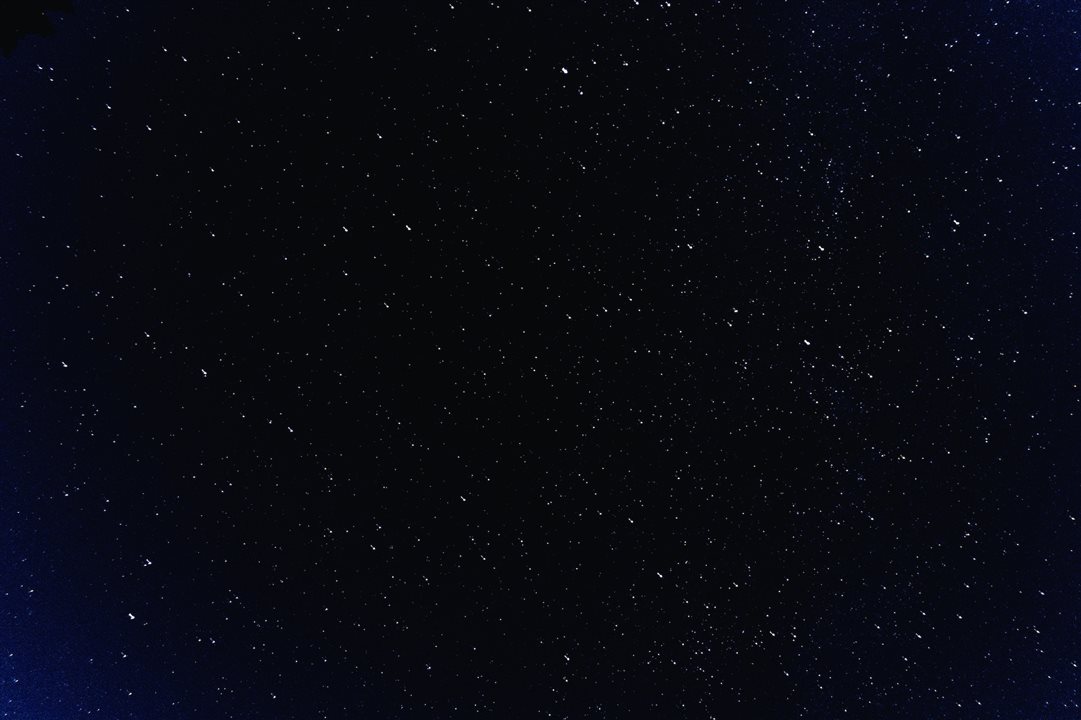
Mega-constellation satellites could directly impact our ability to observe the night skies. (Image Credit: Paul Volkmar/Unsplash)
I'm all for technological advancement, but this one I'm really on the fence about.
Astronomers say low earth orbit satellite mega-constellations, like Starlink, should be prohibited, which can reduce light pollution and allow humanity to continue observing the skies. Scientists have warned about the night skies' brightness level increasing. Experts have already asked scientists to tackle light pollution and introduce regulations.
"On the scales of immediate or long-term benefits and harm to society, and despite the popularity of satellite mega-constellations, we must not reject the possibility of banning them. On the contrary, we believe that the impacts and risks are too high for this possibility to be ruled out," the team wrote.
They claim that objects causing light pollution, including ground-based LEDs, low-earth orbit satellites, etc., may not regulate themselves. "Every time some health or environmental issue arises and starts to be addressed in the scientific literature, the 'machine of doubt' is put into action by the polluters to stop, or at least delay by years or decades, the adoption of countermeasures and rules to protect human health and the environment," the authors wrote.
This led to the team raising the alarm. Since 2019, satellites in low earth orbit have dramatically increased, and more are expected in the upcoming years.
This has proven costly, however, because the brightness of the satellites and space junk caused the night sky to brighten. "We are witnessing a dramatic, fundamental and perhaps semi-permanent transformation of the night sky without historical precedent and with limited oversight," the authors wrote.
Additionally, faint astrophysical signals could become more difficult to detect as a result of the night sky's brightness. "An example with distinct and potentially severe social consequences is the detection of near-Earth objects that represent a high risk of colliding with our planet," they wrote.
The team also says that noise increases may result in efficiency loss and prove costly for research facilities due to the time required to gather and merge data. Also, astronomical images will show satellite trails, while the night sky brightness increase impacts biological life. Meanwhile, the public could have a hard time gazing at the Milky Way, constellations, faint meteors, and weak auroras.
Have a story tip? Message me at: http://twitter.com/Cabe_Atwell
